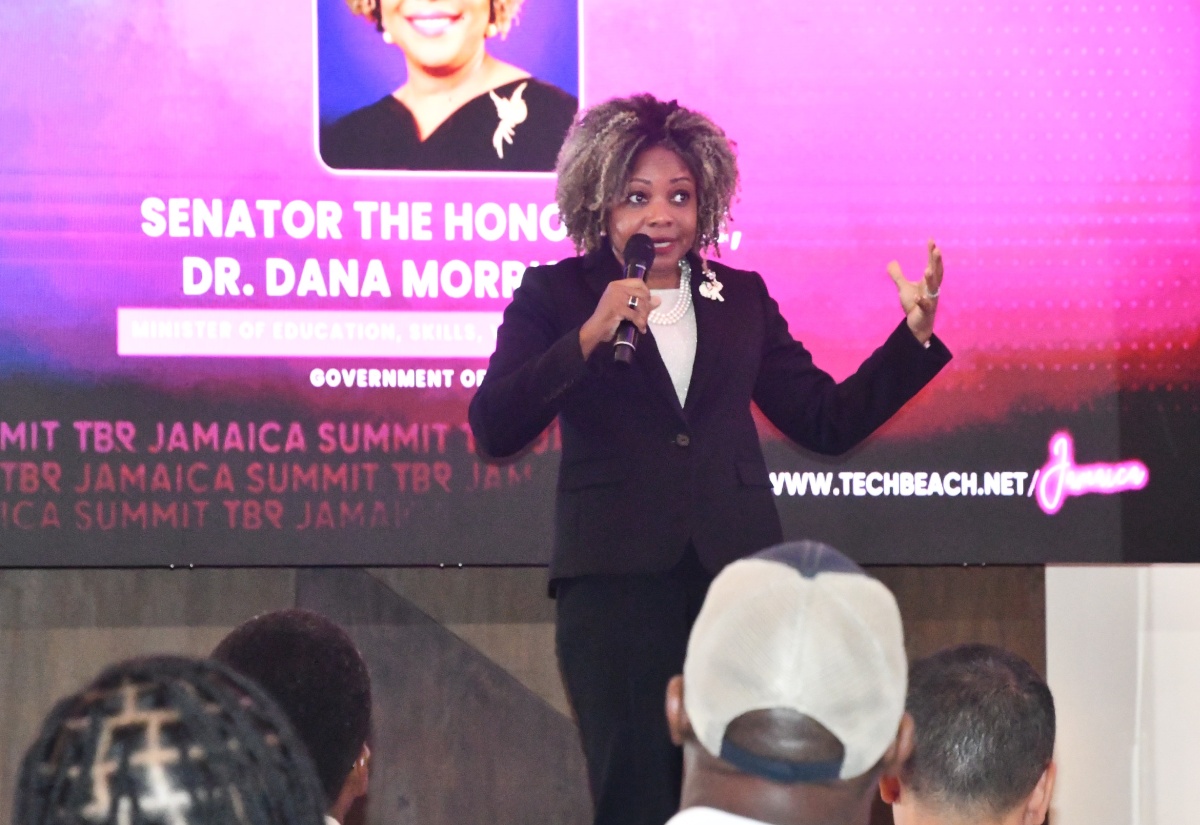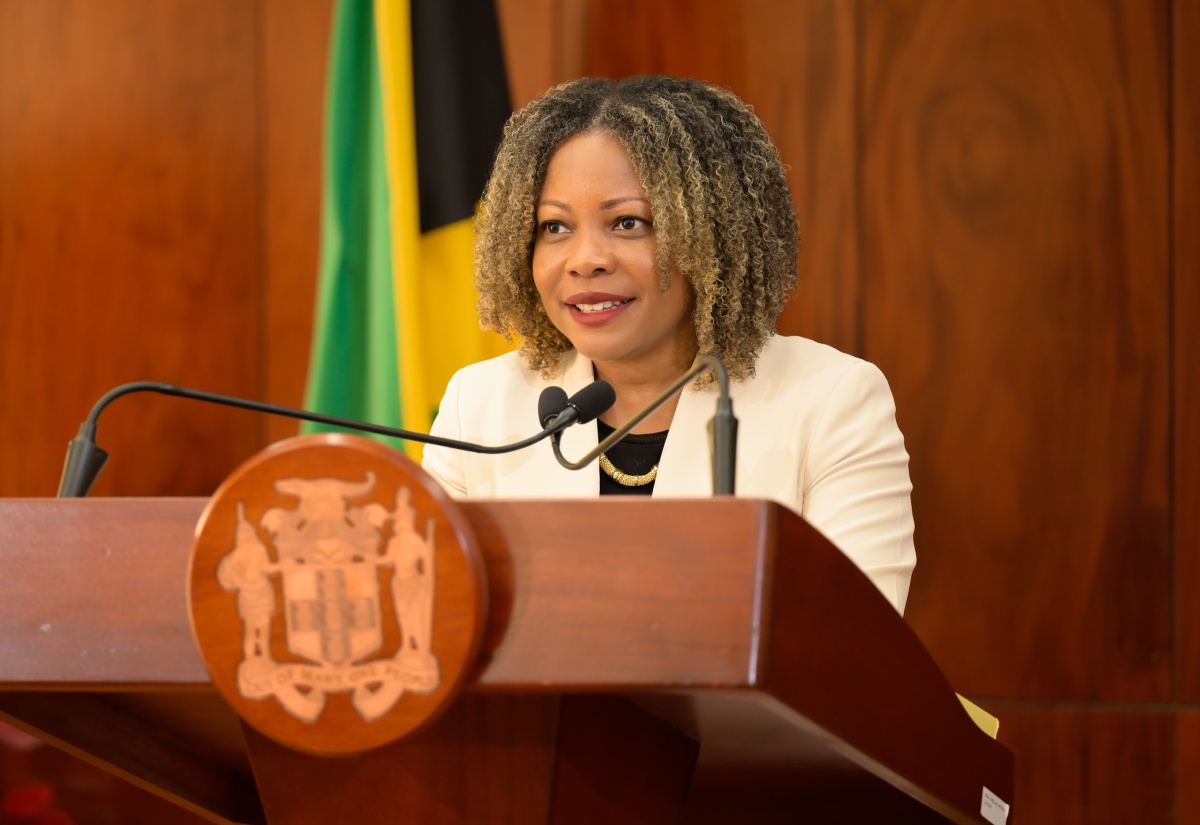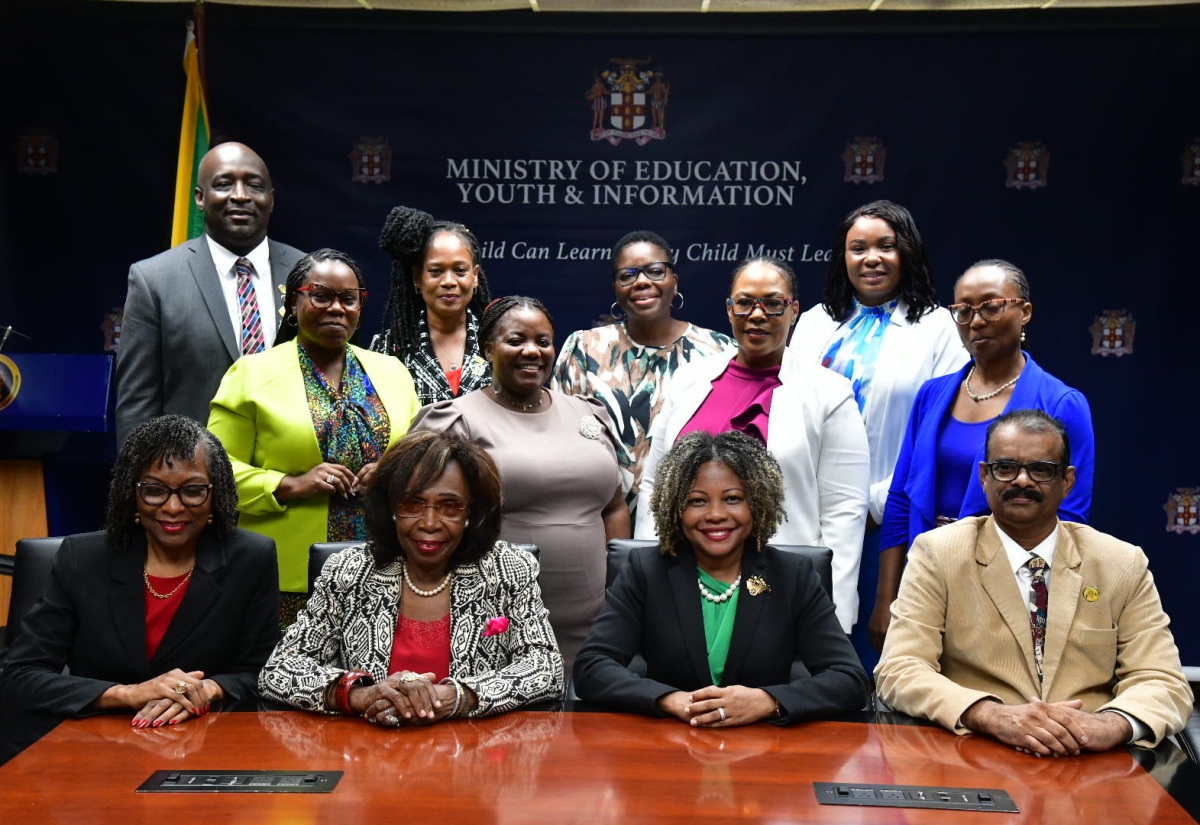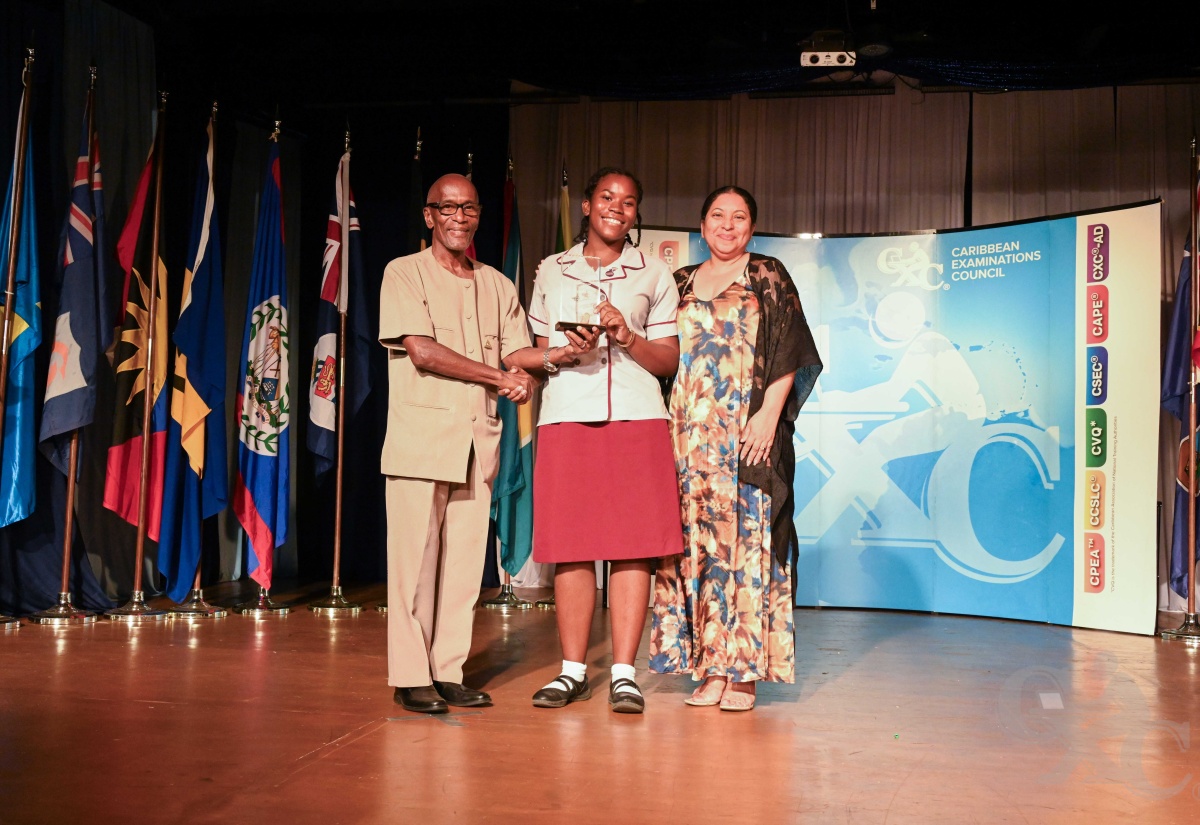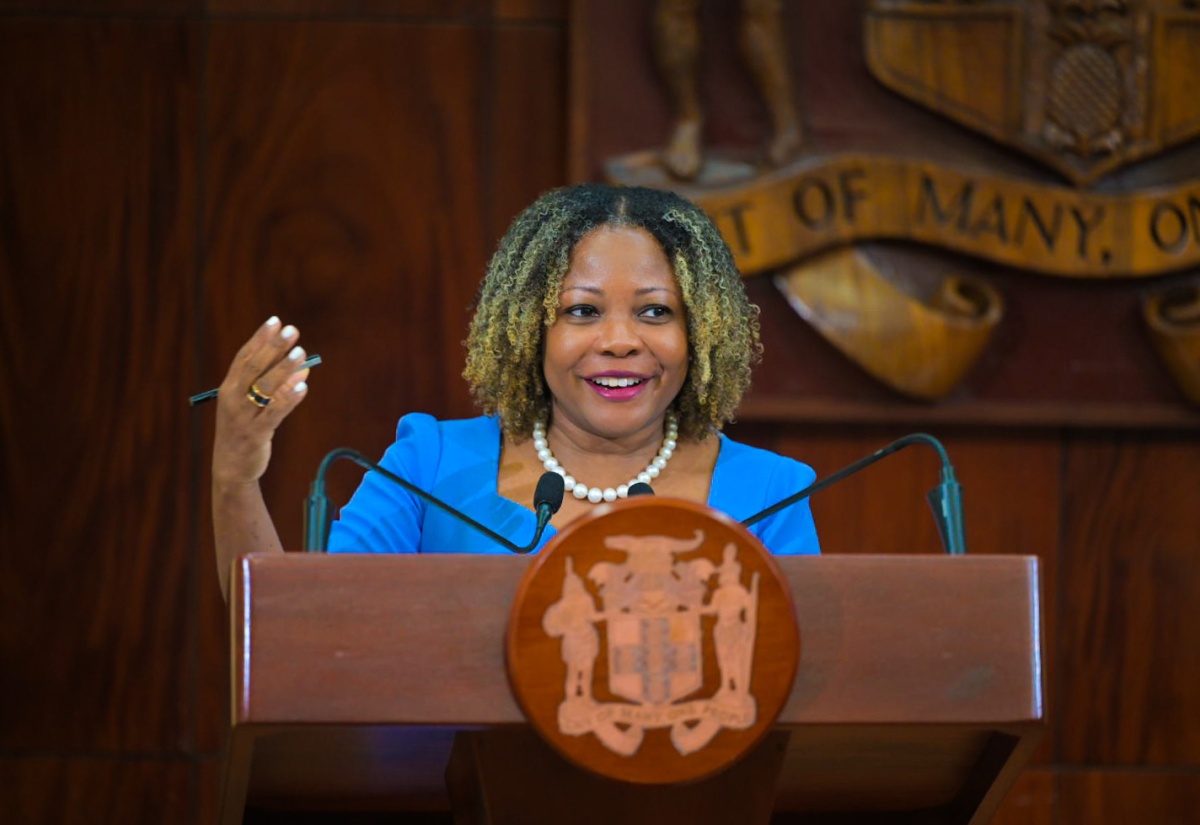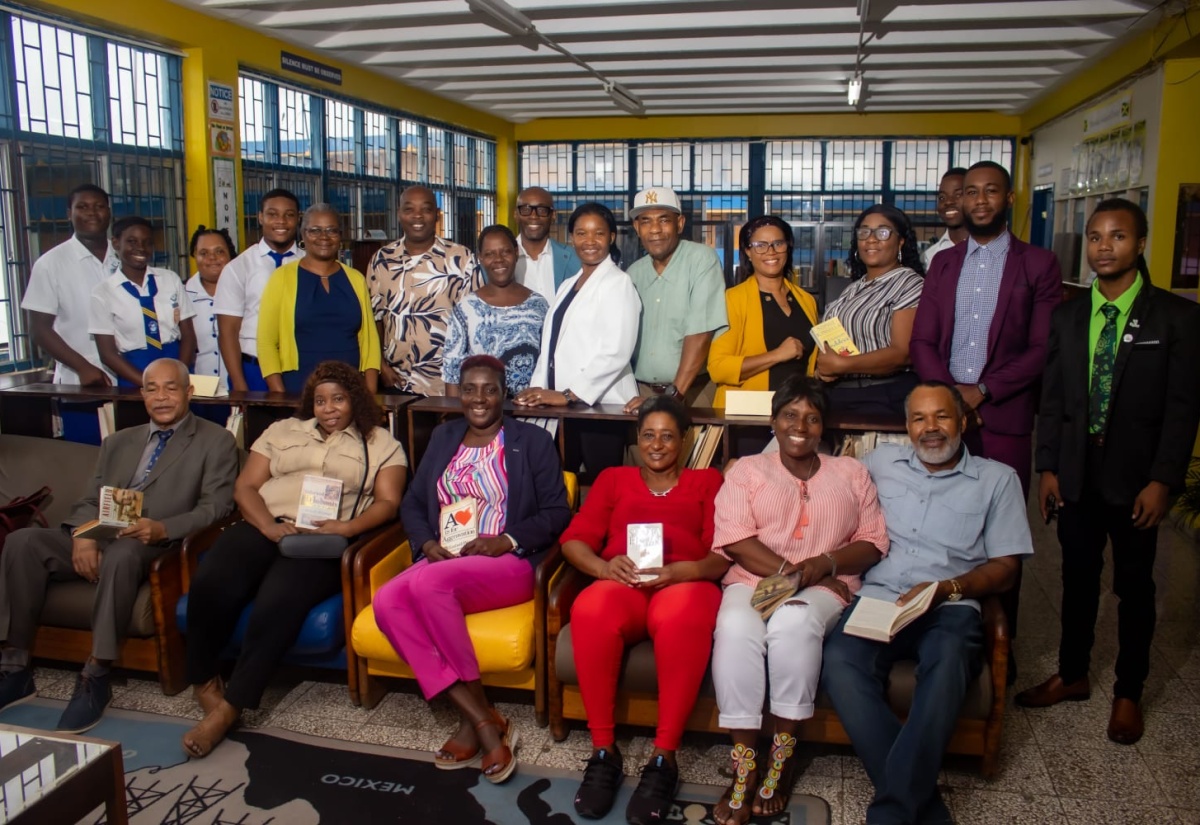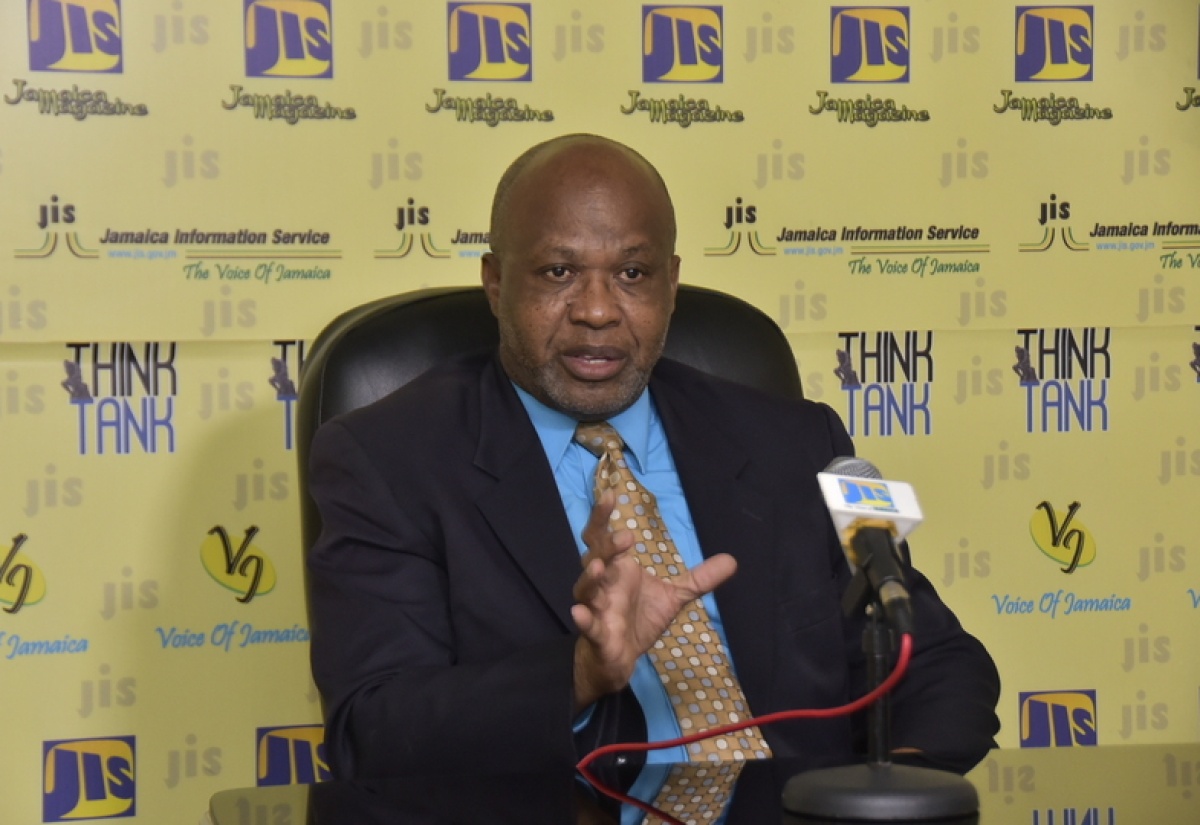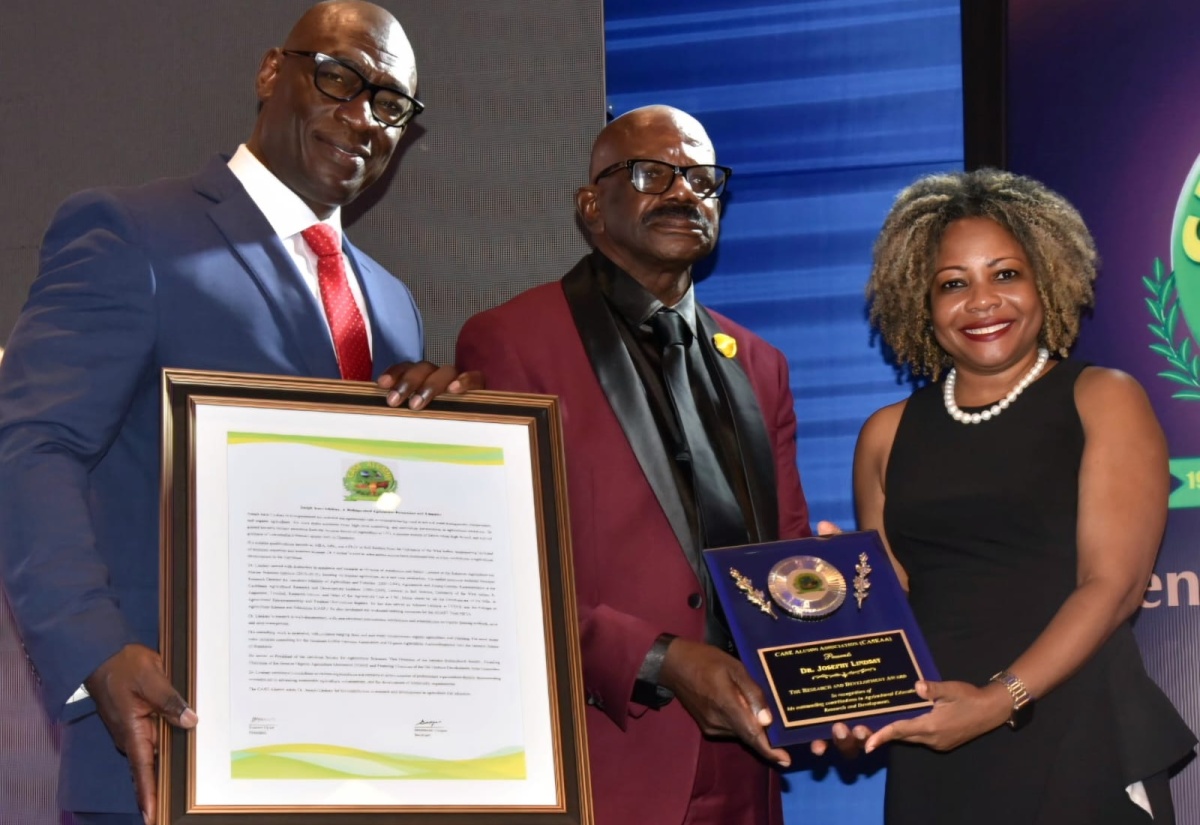Minister of Education, Skills, Youth and Information, Senator Dr. the Hon. Dana Morris Dixon, says that the Government is committed to using technology to improve the skill sets of the island’s citizens.
Dr. Morris Dixon was addressing a session on the final day of the TechBeach Retreat, at Secrets Resort in St. James, on Friday (December 6).
“We’re embedding a lot of technology, especially in skills training. So, if you’re looking for skilled workers, we produce them and we’re going to continue producing them at this level, because for us, improving the skills quotient of every individual is important to the development of the country. This is very deliberate. We are very committed to it. We’re not turning back from this,” the Minister said.
“In the area of artificial intelligence (AI), as a Government, we were quite forward thinking and we decided to have an AI Task Force, because we felt we can’t be left behind as a country. Our practice always says, Jamaicans are consumers of technology,” she added.
The AI Task Force’s main function is to conduct research in the area and provide an evidence-based foundation for the development of a National AI Policy.
Dr. Morris Dixon also underscored the importance of the island becoming a producer of technology.
“You can’t become a producer of technology if your schools don’t have tech in there. You can’t become a producer of technology if you don’t have the right equipment in the schools, so we get it, and we must do better,” she said.
In this vein, the Minister pointed out that the Government has been increasing the focus of technology in primary and high schools across the island.
“This is the future that we want to see. So, we’re starting from very young in primary school, introducing technology there and focusing more on technology and focusing on the STEM (Science, Technology, Engineering and Mathematics) and critical thinking and problem-solving elements. Then in high schools, layering more and bringing the skills training closer to the high schools,” she informed.
“There must be human capital development. You’re going nowhere without your people, and so we must focus on our people and develop our people. It starts in our schools, and it goes into our tertiary institutions, and it goes into the workplace and the work we do in upskilling and reskilling the workers that are there,” Dr. Morris Dixon argued.
The TechBeach Retreat was held from December 4 to 6 and brought together technology-based entrepreneurs, investors and innovators who shared best practices and information about new and emerging technologies.


